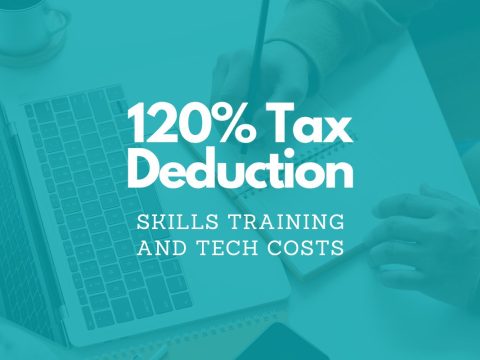Recent tax changes for property owners and investors
 Budget blows for residential property investors become law
Budget blows for residential property investors become law
The 2016/17 Federal Budget included measures intended to address housing affordability. Strangely two of these measures attempt to do so by making the cost of housing more expensive by denying owners of residential rental properties deductions for travel to inspect their property, and denying depreciation deductions on second-hand assets. These measures were passed by Parliament earlier this month and are now law applying retrospectively from 1 July 2017.
From 1 July 2017, investors can no longer claim deductions for travel expenses to inspect or maintain their residential investments properties, which Assistant Treasurer Michael Sukkar said would stop investors from taking holidays at taxpayers’ expense. Further, these travel costs will not form part of the property’s cost base for capital gains tax purposes. This unfortunate measure has removed the ability to claim otherwise legitimate travel costs for many of our clients.
Residential landlords have also had their depreciation deductions curtailed from 1 July 2017; they can no longer claim depreciation deductions for second hand assets, i.e. those acquired with a property that had previously been lived in. Plant and equipment depreciation deductions are now limited to new assets only, such as air conditioners, carpets or dishwashers. Note: this will impact both purchasers of ‘used’ homes which are rented to tenants, and also home owners who live in their home and later decide to rent it out. The depreciation restrictions will only apply to properties purchased after 9 May 2017, when the measures were announced in the Budget. The denial of deductions does not extend to capital works claims (i.e. the annual 2.5% deduction claimed on the write down of construction costs).
Tax introduced on vacant properties
The government has passed legislation that allows foreign owners to be charged an annual fee if they leave their properties vacant for six months or longer. Owners will face a ‘vacancy fee’ of $5,500 a year if their home is worth up to $1 million, unoccupied and not available for rent for at least six months of the year. For more valuable properties, the vacancy fee will be broadly in line with the application fee the buyer paid to the Foreign Investment Review Board to gain approval to buy the home. As such, vacancy fees will be higher for more expensive homes, for example, the FIRB approval fee for a $9m house is $100,400.
The government hopes the vacancy tax will encourage owners to make their homes available for private rental and increase the housing supply.
Enforcement of the vacancy tax could prove challenging given the issue of proving whether a home is vacant or occupied, although foreign owners will be required to keep records (such as leases) and submit a vacancy fee return to the Australian Taxation Office each year. Short-term letting through sites such as Airbnb will not be sufficient to avoid the charge. You can read more about this via The Australian, here.
Please contact us if you have any questions on the above.




